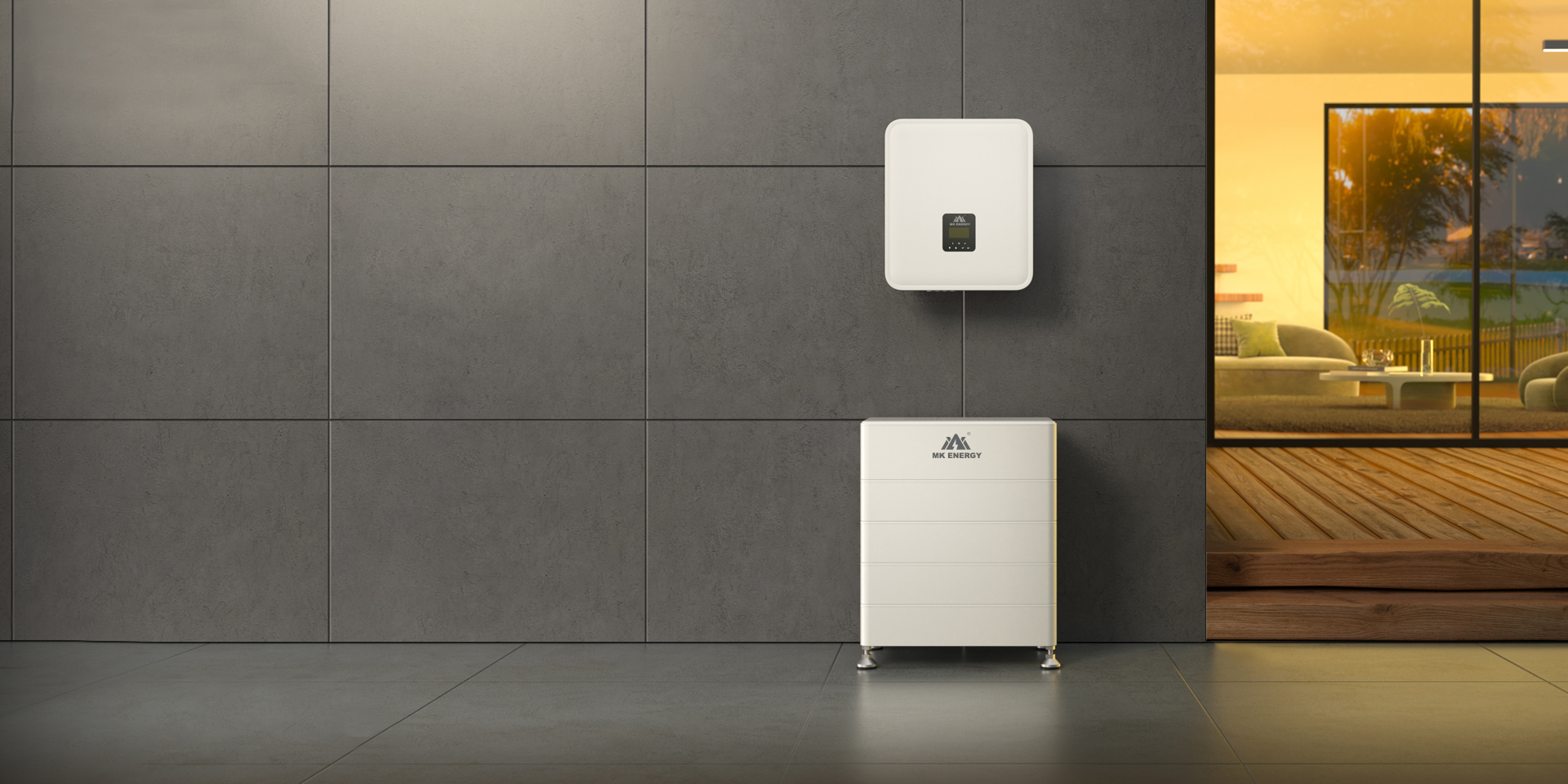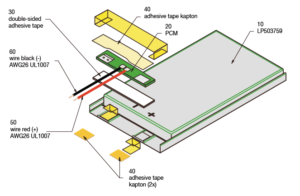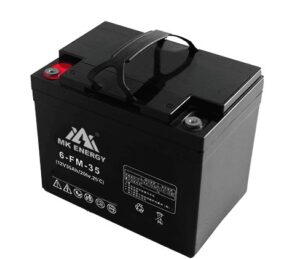What is the difference between lithium polymer battery and lithium ion battery?
In portable electronic equipment and new energy, the choice and difference between lithium polymer battery and lithium ion battery are key factors we consider. As these energy storage solutions power everything from smartphones to electric vehicles, understanding the nuances of each technology is critical for both new energy consumers and industry professionals.
lithium polymer battery
Lithium polymer batteries are known for being thin, flexible, and versatile. Their flat, flexible design integrates well into compact spaces, making them ideal for applications where space is limited. Their flexibility allows for custom shapes that fit the design requirements of various devices, including wearable technology and curved displays. These batteries have high energy density, providing lightweight yet powerful energy for electronic products. Lithium polymer batteries are rechargeable, contributing to sustainability and reducing environmental impact. Their versatility extends to various temperatures and usage scenarios, making them suitable for different environments.
Lithium Ion Battery
Unlike lithium polymer batteries, lithium-ion batteries are known for their excellent energy-to-weight ratio. They can pack enormous amounts of energy into a relatively compact and lightweight form. Their high voltage and energy density extend battery life, improving electronic device performance. Lithium-ion batteries provide consistent, stable power, helping increase the efficiency of various technologies. Their rechargeable nature promotes sustainability and reduces environmental impact.
Lithium polymer battery design for flexibility
Lithium polymer batteries have a very flexible design, allowing them to appear in different electronic devices in various form factors, allowing manufacturers to design stylish and unconventional electronic devices. The flexibility of lithium-polymer batteries can adapt to the contours of devices with limited space, promoting a seamless and ergonomic user experience. This flexibility extends to applications such as wearable technology, where the cells can conform to the curves of clothing or accessories. Versatility in shape and size enhances design options for gadgets with unique structures.
Lithium-ion battery high energy consumption application engineering
Lithium-ion batteries excel in high-energy-demand applications, powering a variety of engineering marvels. Their exceptional energy density and efficiency make them an integral part of electric vehicles (EVs), capable of providing sustained power for long journeys. Lithium-ion technology’s ability to quickly store and release energy is also suitable for high-performance applications such as power tools and drones, enhancing its functionality and reliability. They also help electrify aircraft systems, reducing fuel dependence and environmental impact. Additionally, they are suitable for renewable energy storage and can store excess energy for later use.
The pursuit of thinner and lighter devices
Lithium polymer batteries have changed the portable electronics landscape by driving the pursuit of thinner, lighter devices. Its slim, compact design enables manufacturers to create stylish, lightweight gadgets, from ultra-thin smartphones to ultra-thin laptops. Their inherent flexibility facilitates reduced device thickness, resulting in a more ergonomic and aesthetically pleasing user experience. The pursuit of thinner, lighter devices is particularly evident in industries such as consumer electronics, where advances in lithium polymer technology have allowed the creation of increasingly compact and portable products without compromising performance.
Balance power and compactness
Lithium-ion batteries balance power and compactness, defining their versatility in numerous applications. Their compact size delivers massive power output. It can provide a stable and consistent ability to meet the needs of various applications, from electric vehicles to power tools. Their compact form and lightweight nature contribute to advancing energy-saving technology and promote the design of stylish, modern gadgets.
Make the right choice!
Everyone already knows the difference between lithium polymer and lithium ion batteries. The only thing left is to choose based on your situation. If you still haven’t learned how to choose, please visit our official website to contact customer service for a professional consultation.



